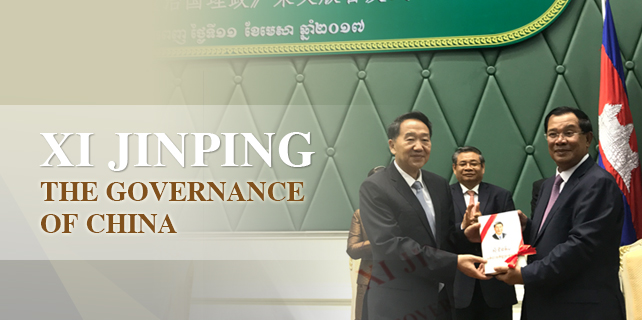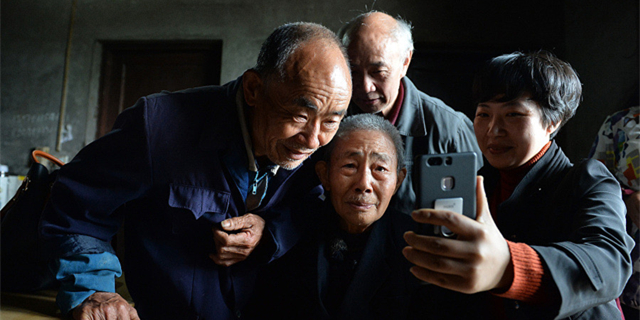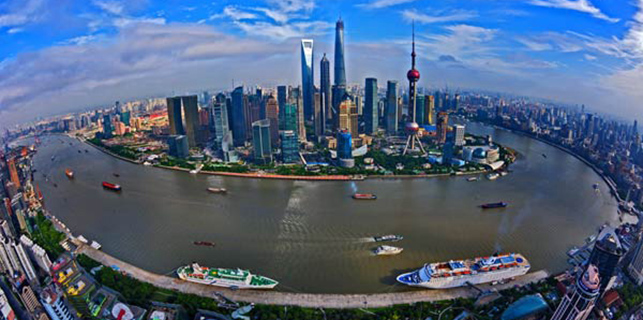Hyping up hypothetical 'China slowdown' irresponsible, harms business
SYDNEY — One of the most influential Australian media outlets has hyped up a hypothetical "China slowdown" while highlighting the severe economic consequences it could bring to Australia.
A story, published by The Australian on Wednesday, the country's only national newspaper, began with a widely circulated report by Deloitte Access Economics, which outlined a number of scenarios that were wildly hypothetical regarding China and Australia, and assessed the potential impact should any of them actually occur.
The report has modelled three scenarios that it believes are plausible: a downturn in China's economy which sends Australia into recession; Asian economies perform better than expected while Australia's government has the courage to reform; and Australia gets better at being "cyber smart."
Rather than covering all the three scenarios, the story purely focuses on the most controversial offering, a "China slowdown."
The article was devoted to assessing the inner workings of the "China slowdown" scenario, ignoring any attempt to analyze the others, in what could best be described as an attempt to sensationalize an issue.
Based on hypothetical modelling rather than data-based analytical assessments, the article would only dampen business confidence between the two nations.
The Deloitte modelling, said the story, indicated that "house prices (in Australia) would fall by 9 percent, stripping AU$600 billion ($449.60 billion) from the wealth of families, while the sharemarket would drop 17 percent, costing a further AU$300 billion ($225 billion)," if China's growth failed to reach the 6.5 percent target this year, and rather, fell to less than 3 percent.
In terms of actual data and analysis, Gerard Burg, Asia economist at the National Australia Bank, told Xinhua that it was highly unlikely that China wouldn't reach its growth target, calling it a "very outside possibility."
While Li Wei, Asia economist at the Commonwealth Bank of Australia, believes that China will exceed the growth target, reaching 6.8 percent in 2017.
"The recent growth momentum is picking up, and especially the recovery in commodity prices and industry profit will support industry growth and industrial investment going forward," Li said.
"China's export growth to the United States and the European Union has been strong, and will last for a while, so recovery in the export sector will also enable China to reach its growth target," added Li.
Li also stressed that the slowdown in China's housing market is much lower than experts anticipated, which adds to the widespread belief that the 6.5 percent growth target will be achieved, and possibly exceeded, in 2017.
In a statement obtained by Xinhua, Deloitte Australia chief executive Cindy Hook said the modelling in the report is just a scenario, one of three put forward, without it being indicative of any predictive assessment.
The statement also indicated clearly that, "none of these three scenarios is the 'most likely' outcome for Australia," while the report is full of "what if" scenarios akin to a science fiction novel about flying cars. She said it is not intended to stoke fear or harm investor confidence.
While hypothetical scenarios do serve a purpose, selective appropriation of speculative data without a full assessment of all available contexts serves only to stoke fear rather than promote a shared and prosperous future for both China and Australia.
Fair and balanced interaction is paramount to building an even stronger relationship between the two sides.
















